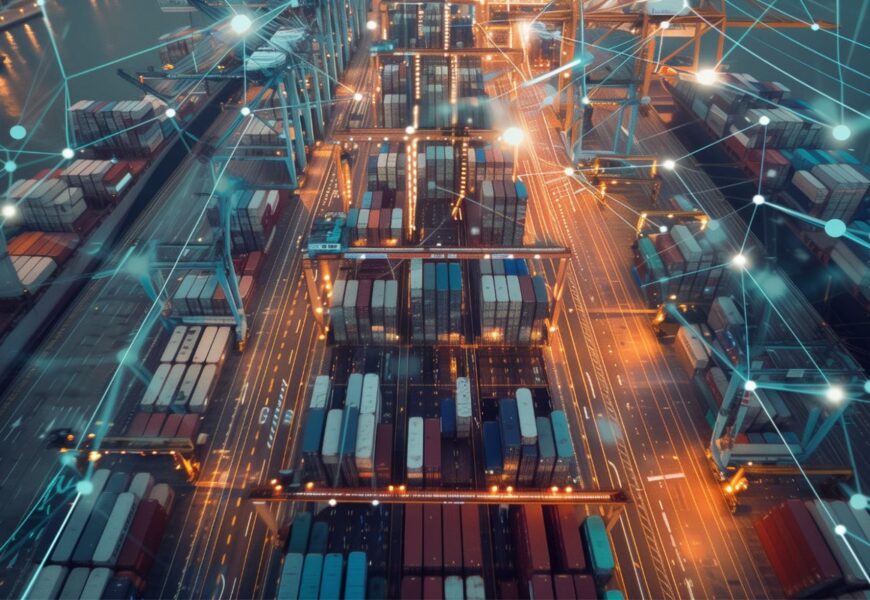The Dual Nature of AI in Supply Chains
At the brink of a technological revolution, artificial intelligence (AI) emerges both as a beacon of promise and a potential peril in the realm of supply chain operations. Its unparalleled capabilities offer to not only optimize logistics but also to reshape the industry’s efficiency and sustainability paradigms. However, the rapid advancement of AI raises concerns due to the lack of a comprehensive international legal framework to address associated risks, posing implications for both the industry and society at large.
Kerim Kfuri, the CEO of The Atlas Network, highlighted this dual aspect of AI in a recent live broadcast. He acknowledged the significant benefits AI brings to supply chains, such as improved inventory management and reduced environmental impact. Yet, Kfuri cautioned against overlooking the potential adverse effects on society, employment, and privacy that accompany these advancements.
According to Kfuri, the delicate balance between AI’s advantages and risks is evident. While AI can automate tasks, predict disruptions, and optimize routes to cut costs and emissions, its unregulated proliferation may introduce disruptions in labor and unforeseen events, posing risks to the global supply chain.
The Imperative for Global Regulations
The necessity for international regulations in governing AI development is crucial, as emphasized by Kfuri. He likened the current pace of AI advancement to “a truck hurtling towards a cliff without guardrails,” underscoring the urgency in establishing legal frameworks to align with technological progress and avert potential catastrophes.
Ensuring Societal and Economic Protection
Kfuri stressed the diverse societal impacts of unregulated AI expansion, including concerns over job displacement, economic inequality, and algorithmic biases. Moreover, the overreliance on AI decision-making may compromise human critical thinking skills, leaving society susceptible to manipulation and misinformation.
Addressing the Environmental Challenges
Apart from societal concerns, the environmental footprint of AI remains a critical consideration. The substantial energy consumption required to operate AI systems raises questions about the sustainability of AI-driven innovations, despite their potential in reducing carbon emissions through optimized logistics.
Paving the Way for Ethical AI Development
In advocating for a responsible AI future, Kfuri urged the supply chain industry to champion the establishment of robust international legal frameworks. These frameworks should not only address ethical AI use but also ensure that AI development aligns with societal benefits. Additionally, Kfuri proposed customizing these regulations based on geographic indicators to reflect the diverse legal landscapes across different regions.
The urgency for action is paramount. While the potential of AI to revolutionize the supply chain industry is substantial, so are the associated risks. By proactively advocating for international regulations, the industry can steer AI towards becoming a positive force that fosters efficiency, innovation, equity, privacy, and sustainability.
In conclusion, Kfuri underscores the necessity for oversight in AI development. He calls upon the supply chain community to take proactive measures in establishing the necessary guardrails to guide AI development towards a future where technology complements and strengthens society and the economy, rather than undermining them.










